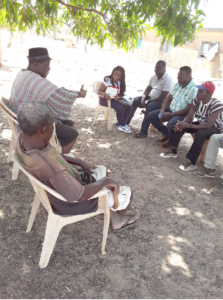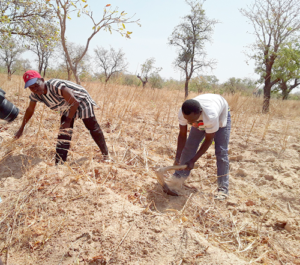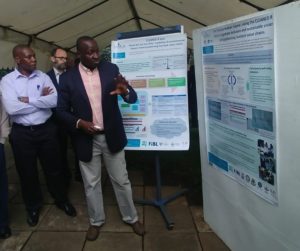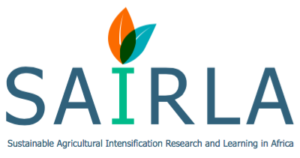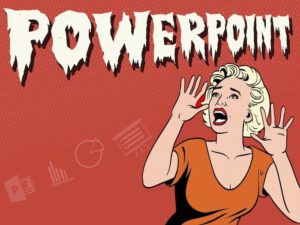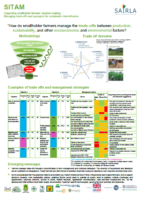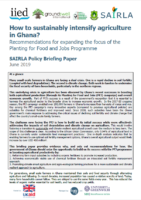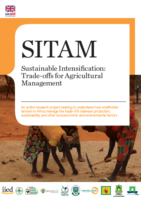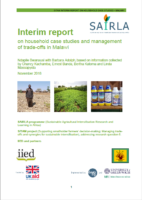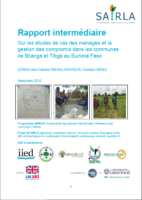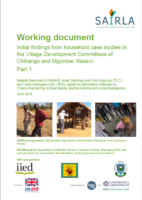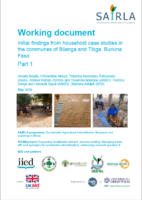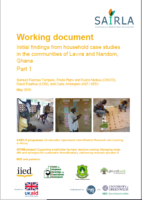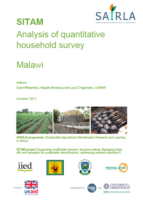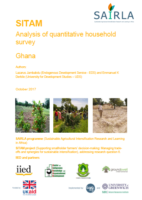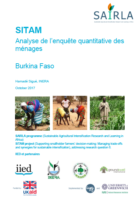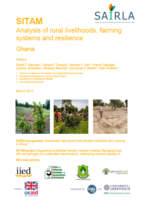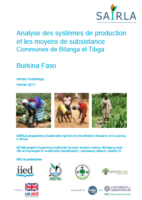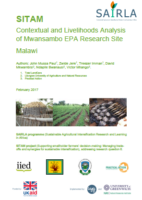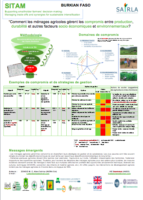Programmes aimed at increasing agricultural productivity often do not consider farmers’ perceptions of trade-offs and synergies, as a result many interventions have not reached some of the poorest and most vulnerable farmers, including women. However, these farmers are able to ‘produce more with less’ by intensifying their production in a sustainable way that also increases their resilience to shocks and stresses.
SITAM is exploring the question of how smallholder farmers manage the trade-offs between production, sustainability, and other socioeconomic and environmental factors, using in-depth household case studies by:
- Co-generating research findings with communities and decision makers at different levels;
- Gaining an understanding of the functioning and resilience of current farming and livelihoods systems in the study areas;
- Analysing household, intra-household and community-level decision making processes on sustainable agricultural intensification (SAI).
In doing so, the project aims to develop an understanding of how different types of smallholder farmers themselves perceive the trade-offs and synergies between different ways of allocating their scarce resources (labour, land and capital) when trying to produce more.

